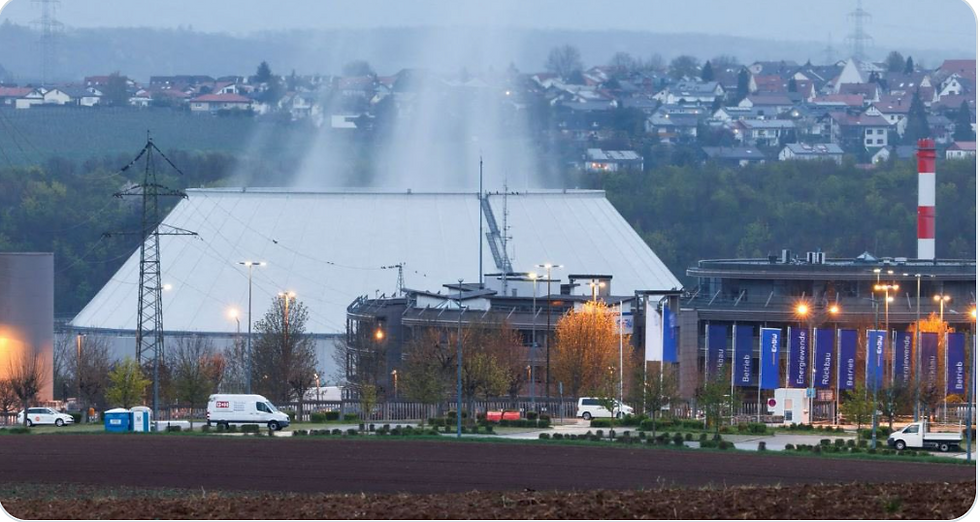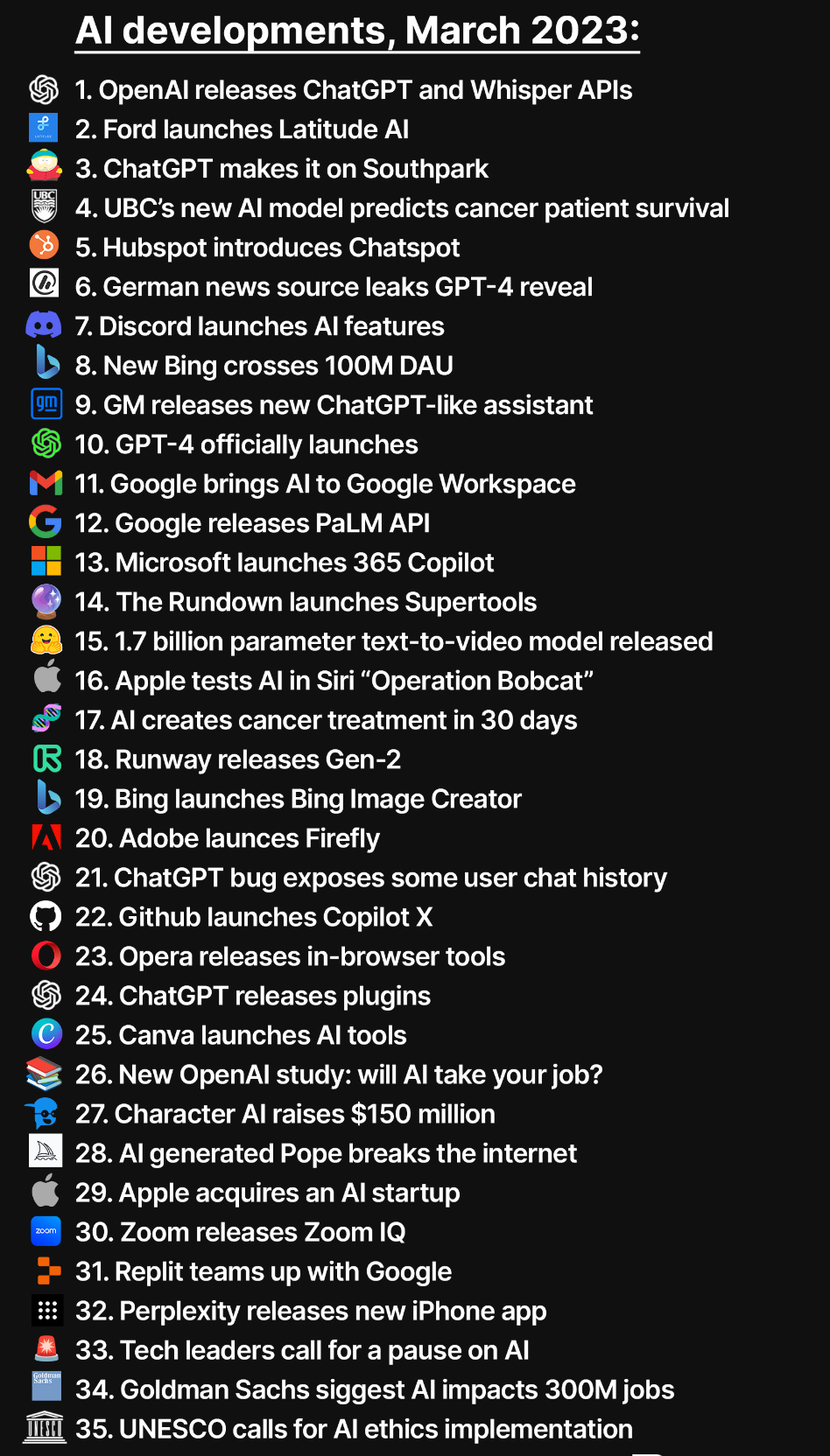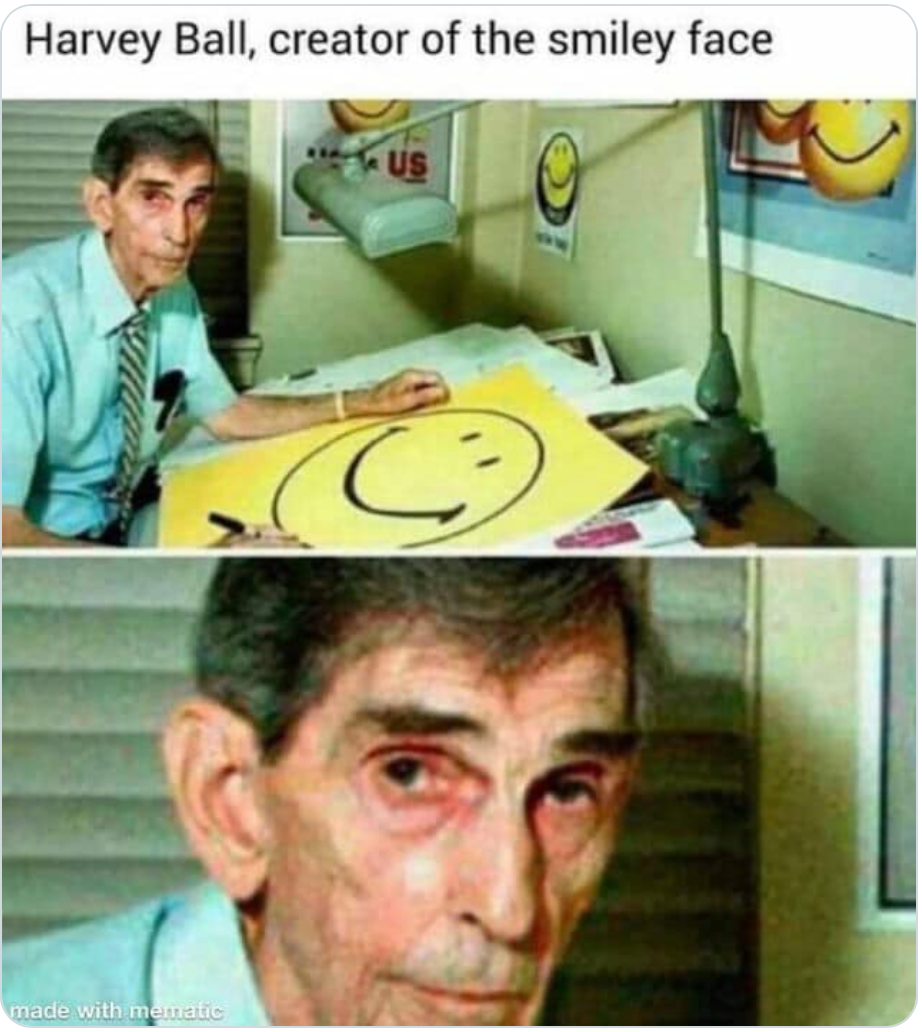Climate Myopia? - April 21, 2023
- vern1945
- Apr 21, 2023
- 4 min read
Updated: Jul 6, 2023
End of an Era

I honestly didn’t even realize DVDs were still available for rent until I read this week that Netflix was finally shutting down its mail-in rental service and thus ending an era. Many of us remember the early days of movie rentals which originally started with VHS tapes. In fact, those of us who had young kids back then had an ongoing ritual of swinging by Blockbuster or the dozens of independent stores that popped up at every strip mall in America on Fridays to load up for the weekend. After selecting a range of titles suitable for everyone's ages and tastes, then paying all kinds of fines incurred such as late return fees as well as rewind penalties, dens and living rooms across America were instantly transformed into substitute movie screens on our 24" console TVs. The popcorn and drinks were about ten times cheaper and you could pause when required. That was a pretty significant technological advancement back then.
But outright purchasing those wobbly wheeled cassettes was prohibitively expensive. I remember promising my two boys they’d be able to watch Kevin Costner’s terrible version of "Robin Hood,” only to find there were no remaining rentals. I had to buy that renowned classic for $85 (in early 1990s dollars). The only thing worse than paying that much for an awful movie was listening to Kevin Costner trying to pull off an English accent. As I remember, he just gave up on it about half way through and was probably the only actor ever to assume the role of the wandering Nottingham Forest bandit who sounded like he was from Kansas.
But the real takeaway in Netflix’s announcement is the business lesson that will probably be taught in elite universities around the world. The story of how one company pivoted, completely reimagined its business model, and emerged as one of the most successful entertainment companies on the planet, will be studied for decades. It's a reminder of how those who can’t adapt to technological changes will inevitably find themselves in the trash pile of failure. Blockbuster is a perfect example.
And, there may be a broader lesson as well for all of us as things in our world advance at an exponential rate.
Radioactive Logic?

Germany just shut down its last nuclear power plant as part of their ongoing green initiative. Energy prices are spiking 45% and they're importing nuclear energy from France to cover the shortfall. They plan to eventually replace it with…coal. Yes, you heard that right.
The initiative to eliminate nuclear started after Japan’s Fukushima power plant experienced an accident back in 2011 due to the most powerful earthquake ever recorded in Japan. The earthquake triggered a powerful tsunami, with 13- to 14-meter-high waves damaging the nuclear power plant's emergency diesel generators, leading to a loss of electric power. The result was the most severe nuclear accident since Chernobyl in 1986.
Yet statistically, nuclear far outperforms all other energy sources with regard to safety and environmental impact. Yes, there is the inevitable waste generated that can be tricky to handle. But all the nuclear waste ever produced to date would fit on a football field and it seems to me that with some focus, there might be ways to develop even better methods of alleviating the current concerns. It's also important to remember that things like coal also produce nuclear waste as well. But we all think about nuclear in terms of horrifying scenarios portrayed in movies like The "China Syndrome," or parodied on shows like “The Simpsons.” We’re also reminded daily of the other type of nukes, those on missiles in Russia pointed at us.
But other sources of clean energy are, in their current states of evolution, insufficient to replace the requirements of the world, at least for now and the foreseeable future. And more importantly, those sources come with their own environmental trade-offs, from the aggressive mining practices which damage the environment and pollute the atmosphere and water, as well as human costs for desperate people in developing nations, some of whom are little more than slave laborers.
Mean time Germany's situation seems like a precursor to our own. In our rush to turn America into a real-life version of Ferngully, we might be taking one step up and two steps back.
Don't get me wrong. I am 100% for a clean environment and ample affordable energy, regardless of what that might look like. I simply hope we can have an intelligent discussion about all this and come up with a real and sustainable understanding of the trade-offs as well as the intrinsic costs.
Artificial Intelligence

This is all moving so fast that I literally have had to shelve about 25% of the new book I’m writing because what started four months ago as a unique twist on real tech is basically yesterday’s news. Nobody ever expected any of this to move at the rate AI has.
There was a surreal moment on CBS’ 60 Minutes last week when Google president Sundar Pichai admitted he doesn’t fully understand how their chatbot Bard works after it taught itself a foreign language it was not trained to and cited fake books to solve an economics problem.
'There is an aspect of this which we call - all of us in the field call it as a 'black box.' You know, you don't fully understand,' Pichai admitted. 'And you can't quite tell why it said this, or why it got wrong. We have some ideas, and our ability to understand this gets better over time. But that's where the state of the art is.'
When I first wrote about this in January, Chat GPT-3 had just been introduced to the public. In a little less than three months, things have moved quickly.
Below is a chart through the end of March, but even it is way behind now as I write this on April 21:

On a Lighter Note

Harvey may have had a tendency to internalize emotions...
Harvey Ball, the creator of the smiley face (no, contrary to the belief of some, it wasn't Forrest Gump), never applied for a trademark and earned just $45 for his efforts.
Many Thanks!





Comments